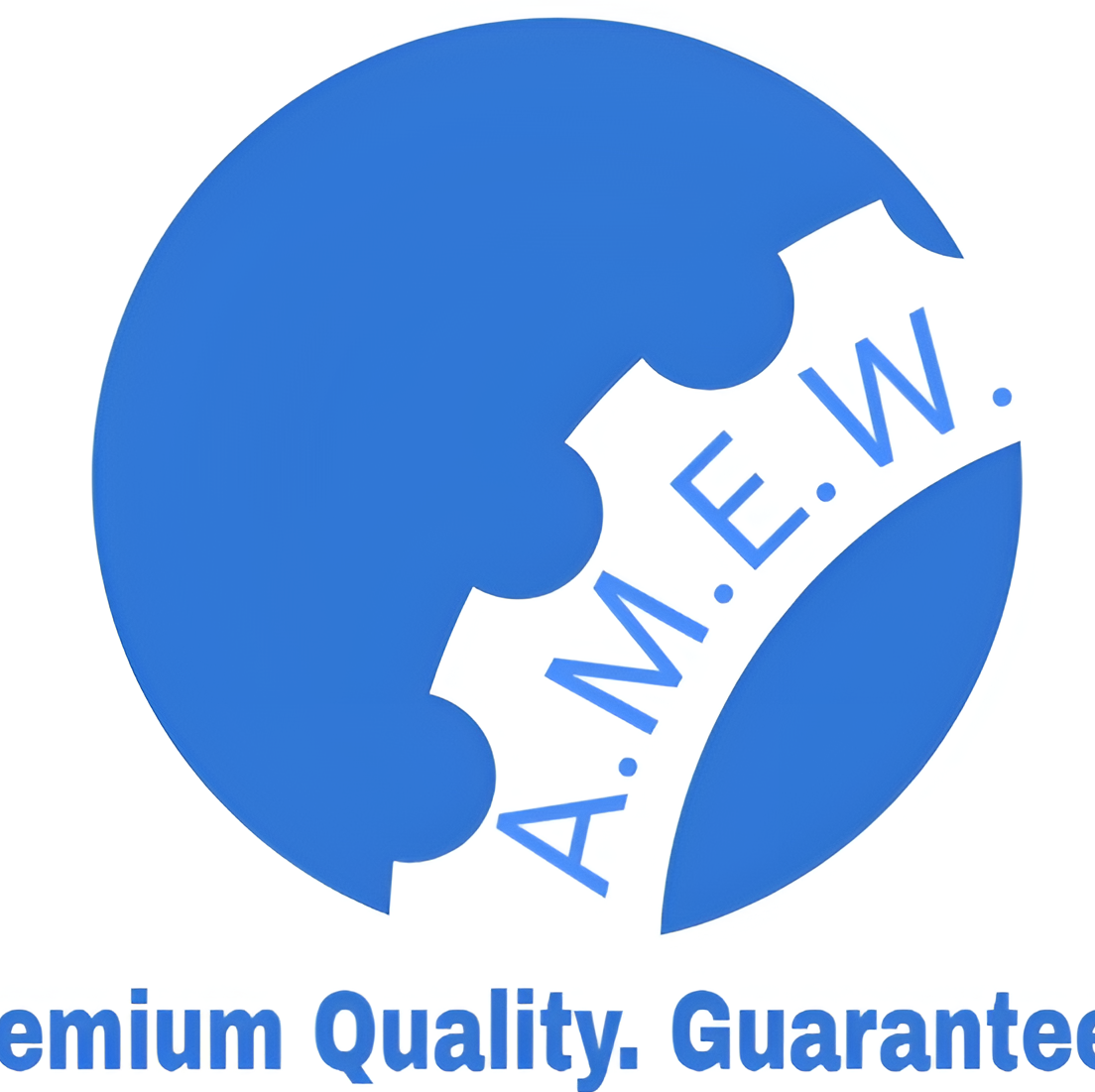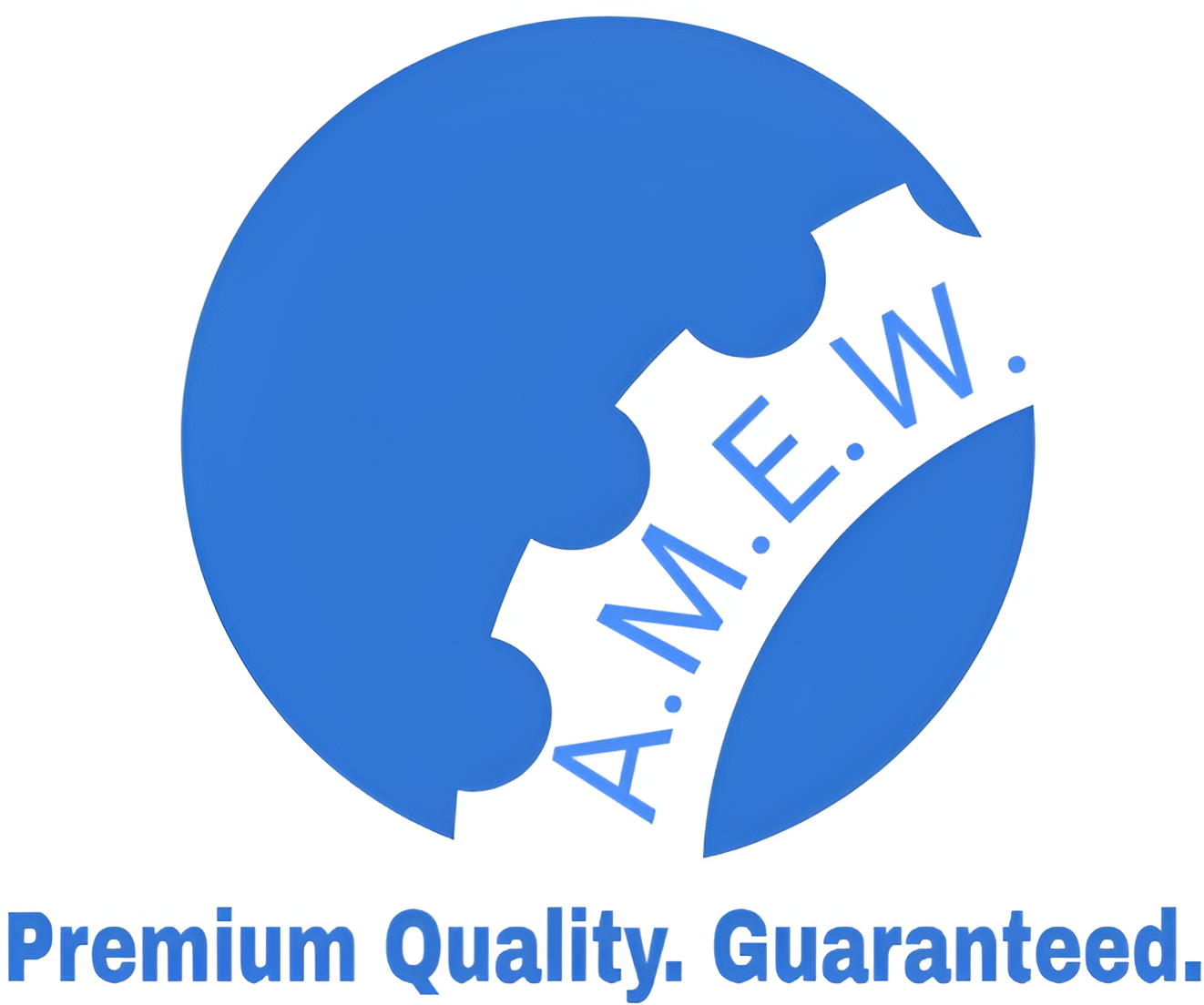Introduction
- Start with a compelling statement about why understanding bright steel bar prices is essential. Highlight its relevance across industries like manufacturing, construction, and engineering.
- Mention that fluctuations in steel prices can impact project budgets, making it crucial to know the factors that influence pricing.
- Introduce the blog as a comprehensive guide to exploring the key factors, regional differences, supplier comparisons, negotiation tips, and future trends in bright steel bar pricing.
Body Sections
1. What Determines Bright Steel Bar Prices?
- Raw Material Costs:
- Discuss how the price of raw materials like iron ore impacts the final cost of bright steel bars.
- Explain how global supply and demand for raw materials affect price fluctuations.
- Manufacturing Process:
- Highlight how different manufacturing techniques (e.g., cold drawing, polishing) influence the cost.
- Market Demand:
- Discuss how industries’ demand for bright steel bars directly correlates with pricing trends.
2. Regional Price Differences
- Transportation Costs:
- Explain how the cost of shipping affects pricing, particularly for regions farther from production hubs.
- Local Market Conditions:
- Highlight how taxes, tariffs, and regional supply-demand discrepancies affect prices.
- Provide an example to show how pricing might differ between regions (e.g., prices in urban areas vs. rural areas).
3. How to Compare Suppliers for the Best Price
- Evaluating Quotes:
- Suggest comparing quotes from multiple suppliers to ensure transparency and competitiveness.
- Looking Beyond Price:
- Discuss the importance of quality, certifications, and reputation over just the lowest price.
- Ask for Samples:
- Highlight the value of testing samples to confirm the steel meets project requirements before bulk purchasing.
4. Tips for Negotiating Bright Steel Bar Prices
- Volume Discounts:
- Explain how purchasing in bulk can lead to significant savings.
- Long-term Contracts:
- Mention how committing to a long-term supplier partnership can result in discounts or priority service.
- Off-Peak Purchasing:
- Identify specific times (e.g., low-demand seasons) when negotiating better prices might be easier.
- Offer practical negotiation phrases or strategies for readers to use when discussing prices.
5. Balancing Price and Quality (Cost-Benefit Analysis)
- The Hidden Cost of Cheap Steel:
- Discuss how cutting corners on price can lead to subpar quality, potentially resulting in higher repair or replacement costs.
- Long-Term Value:
- Highlight why paying slightly more upfront for high-quality steel often saves money in the long run.
- Use an example or case study showing the benefits of investing in premium steel.
6. What Does the Future Hold? Predicting Price Trends
- Global Economic Factors:
- Discuss how changes in global trade policies, inflation, or supply chain disruptions might influence prices.
- Industry Forecasts:
- Share expert predictions or trends that suggest where prices are headed in the next 1–3 years.
- Provide tips for readers to stay updated on price changes, such as subscribing to industry newsletters or using market tracking tools.
Thought-Provoking Conclusion
- Recap the key points:
- Understanding what impacts bright steel bar prices (e.g., raw materials, regional differences) can help businesses make smarter decisions.
- Comparing suppliers, negotiating effectively, and balancing cost with quality are all crucial to getting the best value.
- Staying informed about future trends can prepare businesses for market changes.
- Offer actionable advice:
- Suggest readers start by gathering quotes from reputable local suppliers and weighing their options.
- Call to Action:
- Encourage readers to explore your company’s offerings or contact your team for personalized quotes and expert assistance with selecting the right bright steel bars for their needs.

